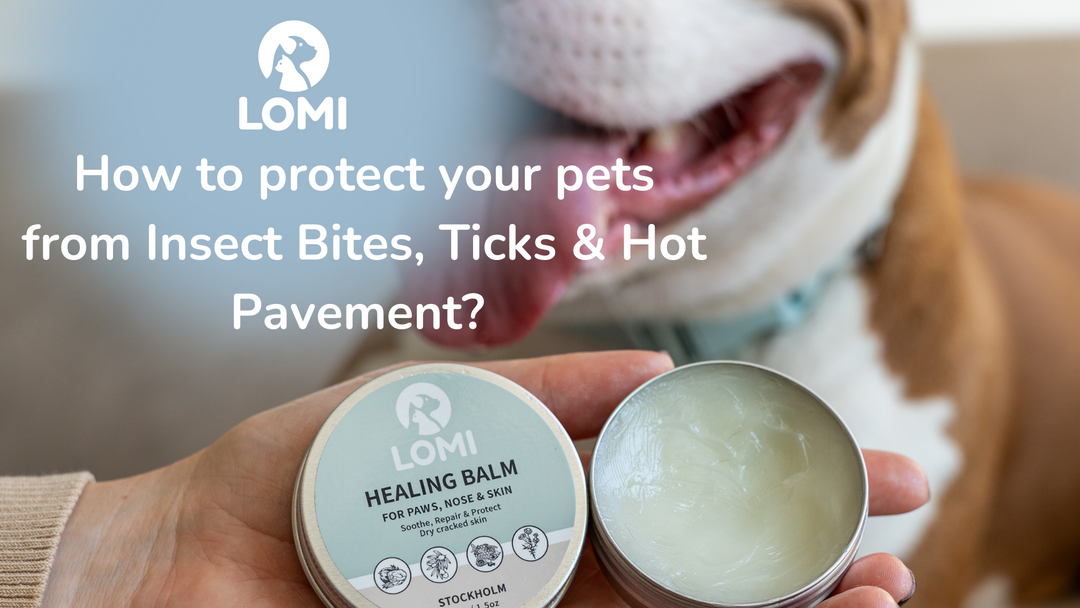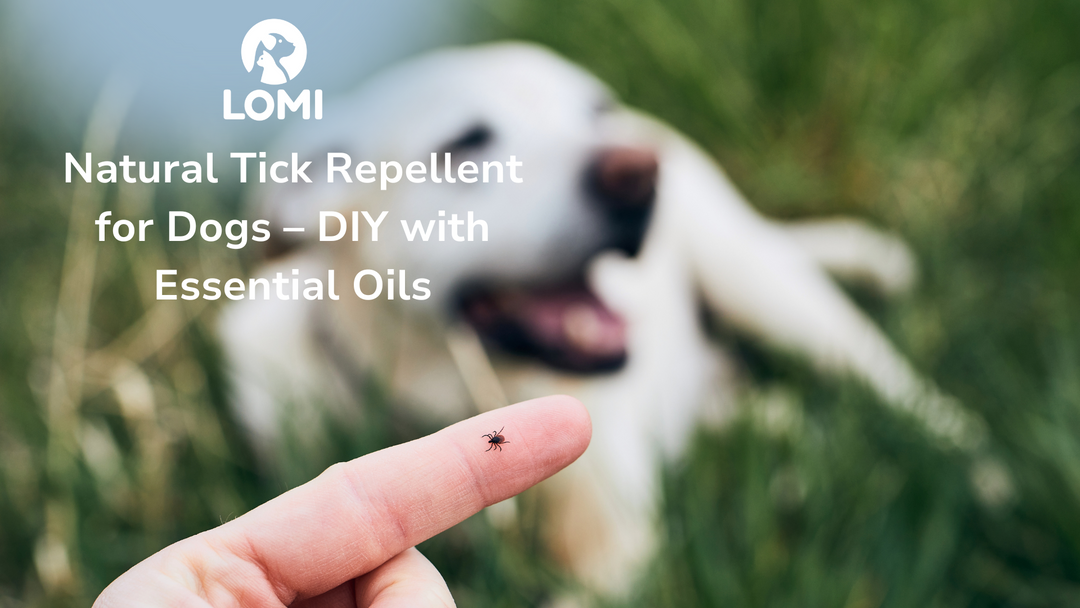Home Remedies for Dehydrated Cats
Home Remedies for Dehydrated Cats
Like humans, a feline's body is made up of mostly water. Water accounts for 60-70 percent of body weight in cats. Sufficient amount of water in their bodies allow the proper functioning of their organs and body structure. Therefore, dehydration can quickly turn dangerous and cannot be ignored.
Signs of dehydration include lethargy, weakness, poor appetite, depression, dry gums, sunken eyes, loss of skin elasticity or increased pulse/heart rate. For mild, suspected dehydration, you can try home remedies. If you notice your cat always seems to be thirsty, despite eating their wet food, consult your veterinarian for advice.

Health Issues That Causes Dehydration in Cats
- Diarrhea
- Vomiting
- Regurgitation
- Diabetes
- Heat stroke
- Kidney disease
- Hyperthyroidism
- Hepatic lipidosis
Quick Tips to Prevent Dehydration in Cats
1. Switch to a wet food diet
Dry food contains no more than 10% of water, while canned and raw cat food contain up to 80% of water. Essentially, cats sometimes drink very little water, but they get most of it through food. If your cat refuses to eat wet food, you can add water to their kibble or mixing wet food in with their dry diet.
2. Encourage your cat to drink more water
Although cats feel that they drink very little, that doesn't mean they don't need water. You should have several more water bowls in several places around the house. Be sure to keep water bowls away from litter, as well as potentially scary objects like washing machines or vacuum cleaners. You might also consider getting a water fountain, since cats love running water.
You must get to know your cat’s food and water preferences. For instance, some cats like drinking water from a water dish while some like using a cat fountain. You want to try to encourage them to drink. However, you should never force them.
3. Clean out and provide fresh water in water bowls every day
Many cats are picky about their water sources, so make sure there is always fresh water available. Rinse and wash your cat’s bowl regularly to ensure your cat doesn’t feel ‘turned off’ by stagnant or dirty water.
4. Flavor the water
A cat turning her paws down at drinking “ordinary” water might drink flavored water. Try flavoring your kitty's water with some chicken broth, the liquid from a tin of tuna or sardines or some clam juice.

Final Notes
If your feline friend doesn't get enough water each day, they can quickly turn into a dehydrated cat. Dehydration can quickly have serious consequences. Especially now that the weather is warm, you need to make sure their water is fresh and kept out of the sun and away from the heat. Keep in mind that certain health conditions, such as hyperthyroidism and diabetes, can cause water loss, so it’s essential to get your cat diagnosed by a professional.






